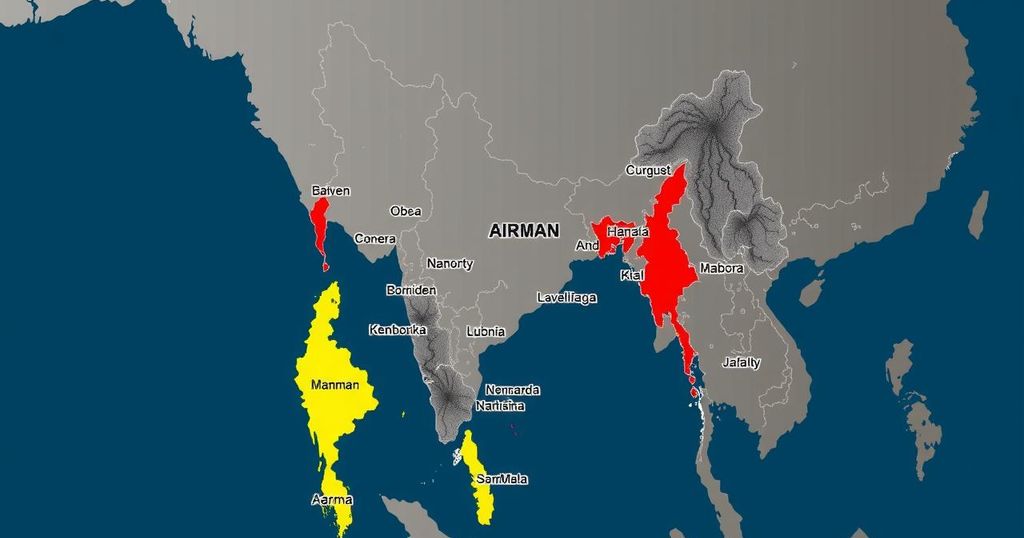Brazil Declines Participation in China’s Belt and Road Initiative, Following India’s Lead
Brazil has rejected participation in China’s Belt and Road Initiative, becoming the second BRICS country to do so after India. Special adviser Celso Amorim indicated that Brazil is seeking alternative collaborations with Chinese investors without entering an official treaty. This decision comes amidst concerns that joining the BRI could complicate relations with a possible Trump administration in the U.S. and may not provide immediate benefits.
Brazil has recently chosen not to engage with China’s expansive Belt and Road Initiative (BRI), marking a significant setback for Beijing’s ambitions following India’s prior rejection of the initiative. Under the leadership of President Luiz Inácio Lula da Silva, Brazil becomes the second nation within the BRICS coalition to withhold support for this massive infrastructure project. Celso Amorim, Brazil’s special presidential adviser for international affairs, articulated the nation’s desire to explore alternative forms of collaboration with Chinese investors. He emphasized that Brazil seeks to enhance its relationship with China without committing to a formal accession to the BRI framework. Amorim was quoted by Brazilian newspaper O Globo stating that Brazil is “not entering into a treaty.” This underscores the country’s intention to leverage aspects of the BRI to foster synergies between its own infrastructure projects and Chinese investment, all while avoiding the formal embodiment of such agreements within the BRI. Amorim further delineated Brazil’s decision, highlighting that while there are priority projects that Brazil has identified, they may not align with Chinese interests. This decision notably precedes an upcoming state visit by Chinese President Xi Jinping to Brasilia on November 20. Reports indicate that some officials within Brazil’s economic and foreign affairs ministries advised against participation in the BRI due to potential complications it may pose in relations with a prospective Donald Trump administration in the United States, as well as concerns that involvement would not yield immediate benefits to the Brazilian economy.
The Belt and Road Initiative, launched by China in 2013, is an ambitious global development strategy aimed at enhancing regional connectivity and embracing a brighter economic future through building infrastructure and broadening trade links. The initiative has faced significant scrutiny on multiple fronts, particularly regarding debt diplomacy and the implications of enhanced Chinese influence in participating countries. Brazil, as a member of BRICS, which originally encompassed Brazil, Russia, India, China, and South Africa, has been seen as a potential participant due to its geographic and economic clout in Latin America. However, Brazil’s recent rejection of the BRI mirrors a growing trend among nations that are cautious about entering into potentially compromising international agreements focused on infrastructure investment.
The refusal of Brazil to endorse China’s Belt and Road Initiative represents a notable shift in international relations within the BRICS bloc, following India’s rejection. With Brazil aspiring to foster a constructive partnership with China without a formal commitment to the BRI, this development highlights the complexities that nations face when balancing economic cooperation against geopolitical implications. As such, Brazil’s position may serve as a precedent for other countries navigating similar decisions in the future.
Original Source: www.livemint.com








Post Comment